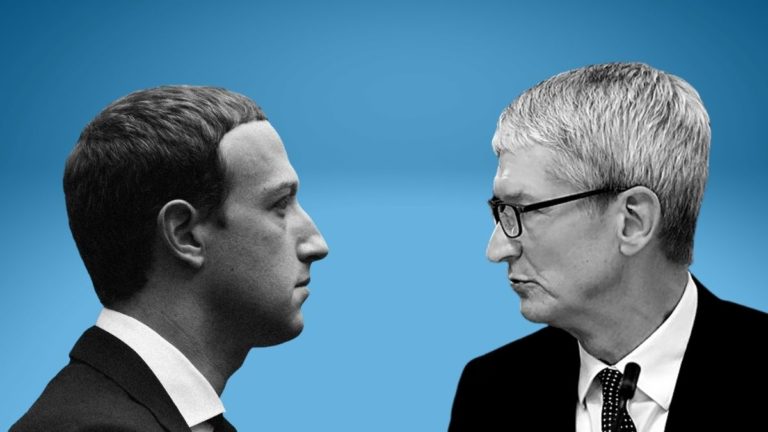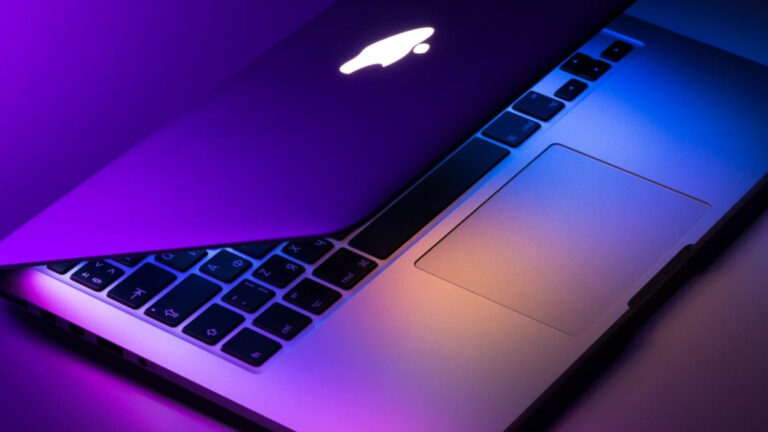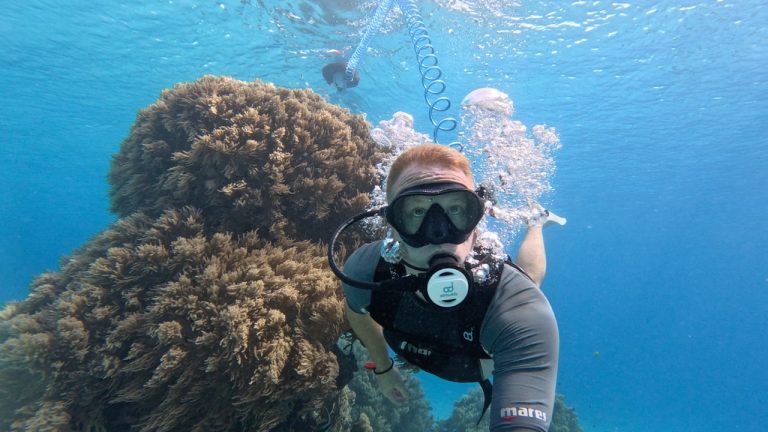Operation Discharge: What We Know About Brazil’s iPhone Seizure
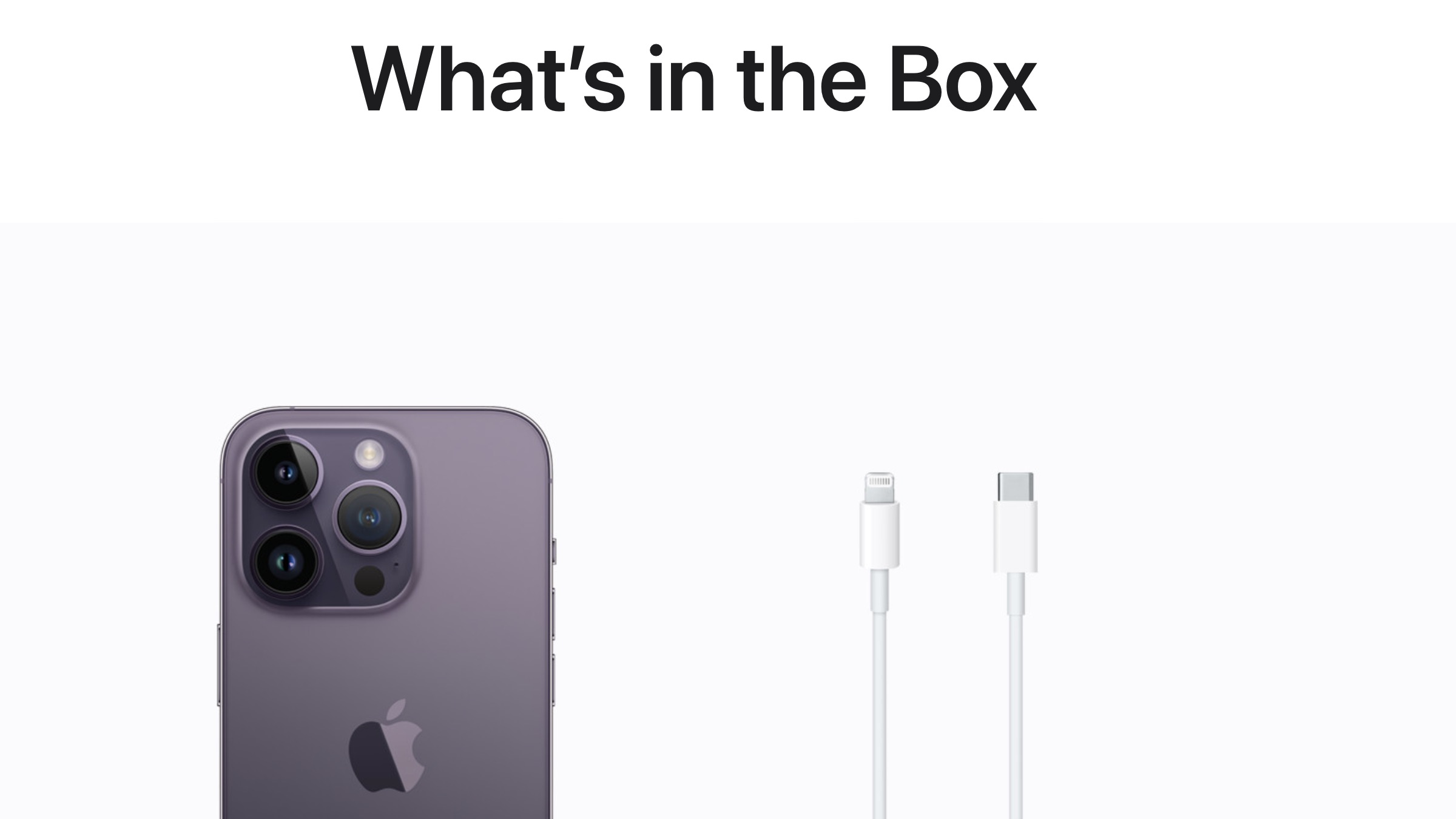
This is probably the first time something like this has been done to Apple. Brazil has seized hundreds of iPhone models from Apple retailers. The country recently banned Apple from selling iPhones without a charger in the box. Apple appealed the ban, but Brazil has started seizing models that ship without a charger.
Here are 5 key points you need to know about Brazil’s iPhone seizure, Operation Discharge, and how Apple will find a way out of it.
5 things to know about Operation Discharge
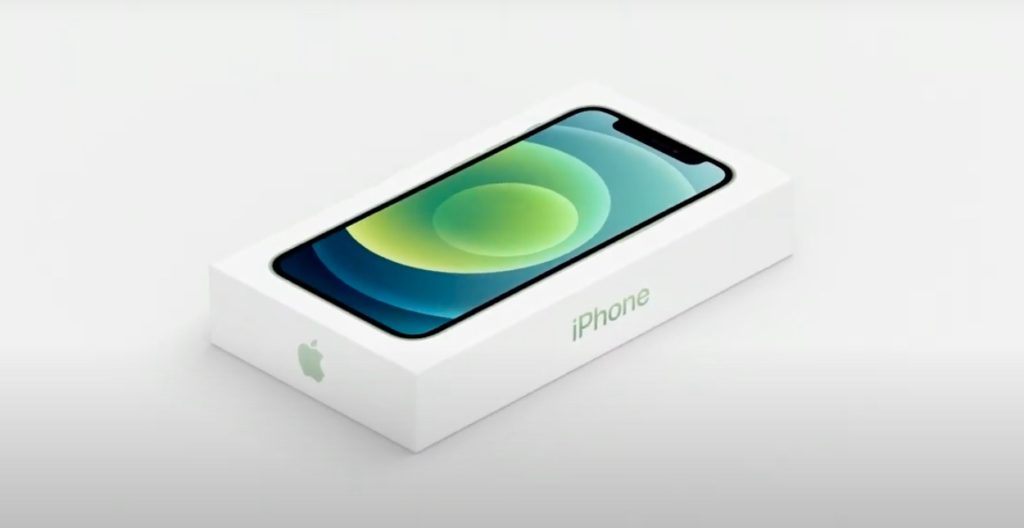
- Brazil bans iPhones without chargers: On September 6, right before the launch of the latest iPhone 14, Brazil banned the sale of iPhones without a charger in the box. The country’s Ministry of Justice called Apple’s move to exclude chargers a “tie-in-sale,” forcing buyers to separately purchase the charger.
- Apple appeals the decision: On September 7, the day after this ruling, Apple declared it would appeal the decision. The company also stated that “we are confident that our customers are aware of the various options for charging and connecting their devices.”
- Brazil Operation Discharge begins: On November 22, Brazil begins Operation Discharge. The country has started seizing iPhones from Apple Stores in Brazil’s capital, Brasília. Tecnoblog first published the report.
- Sale resumed later: The same report also states that iPhone sales were resumed after hundreds of units were seized. The seized units include devices from iPhone 11 to the latest iPhone 14 models, all shipping without chargers.
- Apple’s move: Apple has already appealed Brazil’s decision to force it into selling the iPhone with chargers in the box. However, now the Ministry of Justice has started seizing iPhones without chargers. It is to be seen if Apple complies and starts including the charger in the box or keeps appealing Brazil’s decision.
Apple was the first company to remove chargers from the iPhone’s box. Right after Apple did so, Samsung and other tech giants also followed suit. However, now that Brazil has deemed it a tie-in sale, Apple could have to change its ways yet again. On the other hand, the company is also under pressure from the EU to give a USB-C port on the upcoming iPhone lineup.

